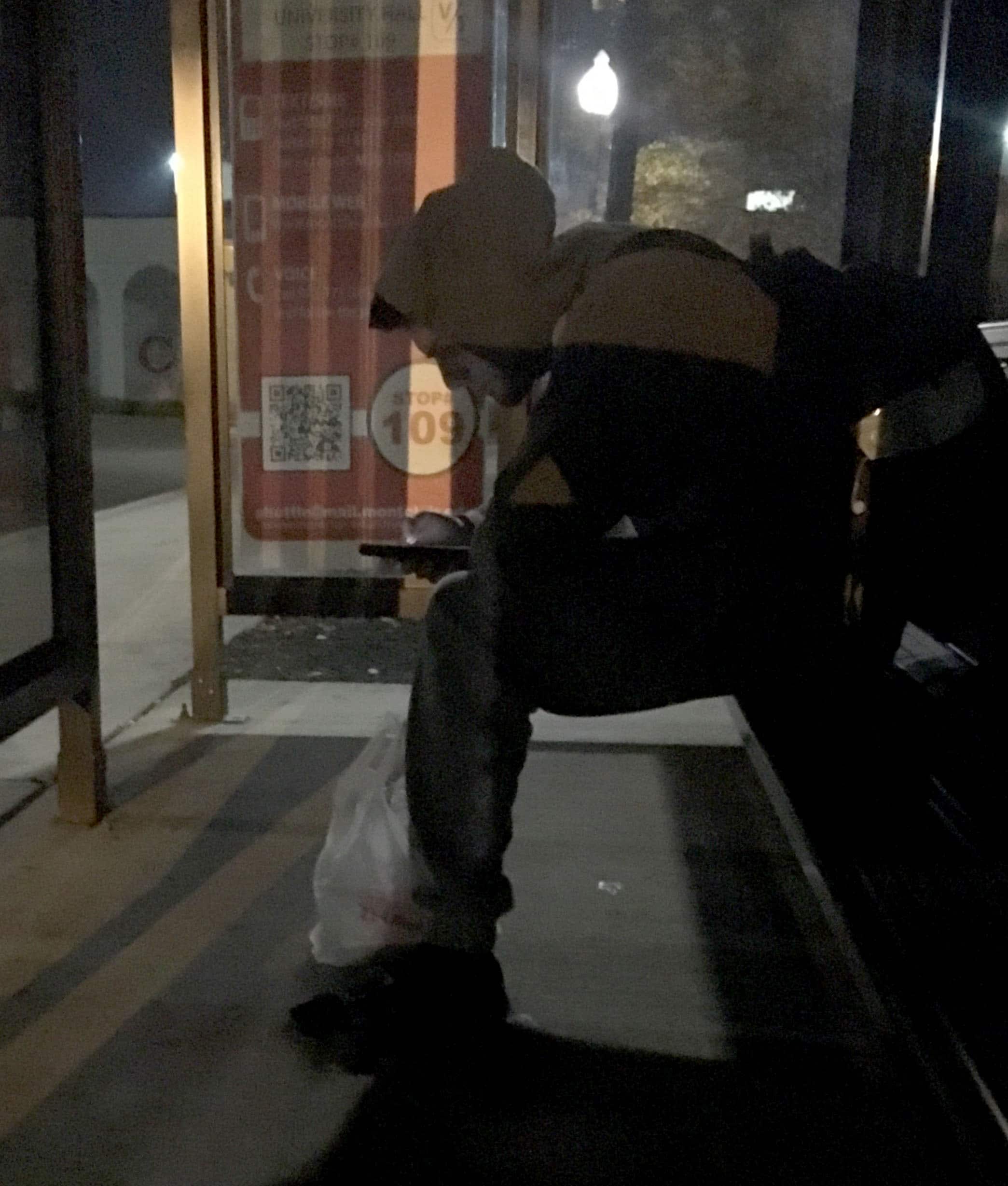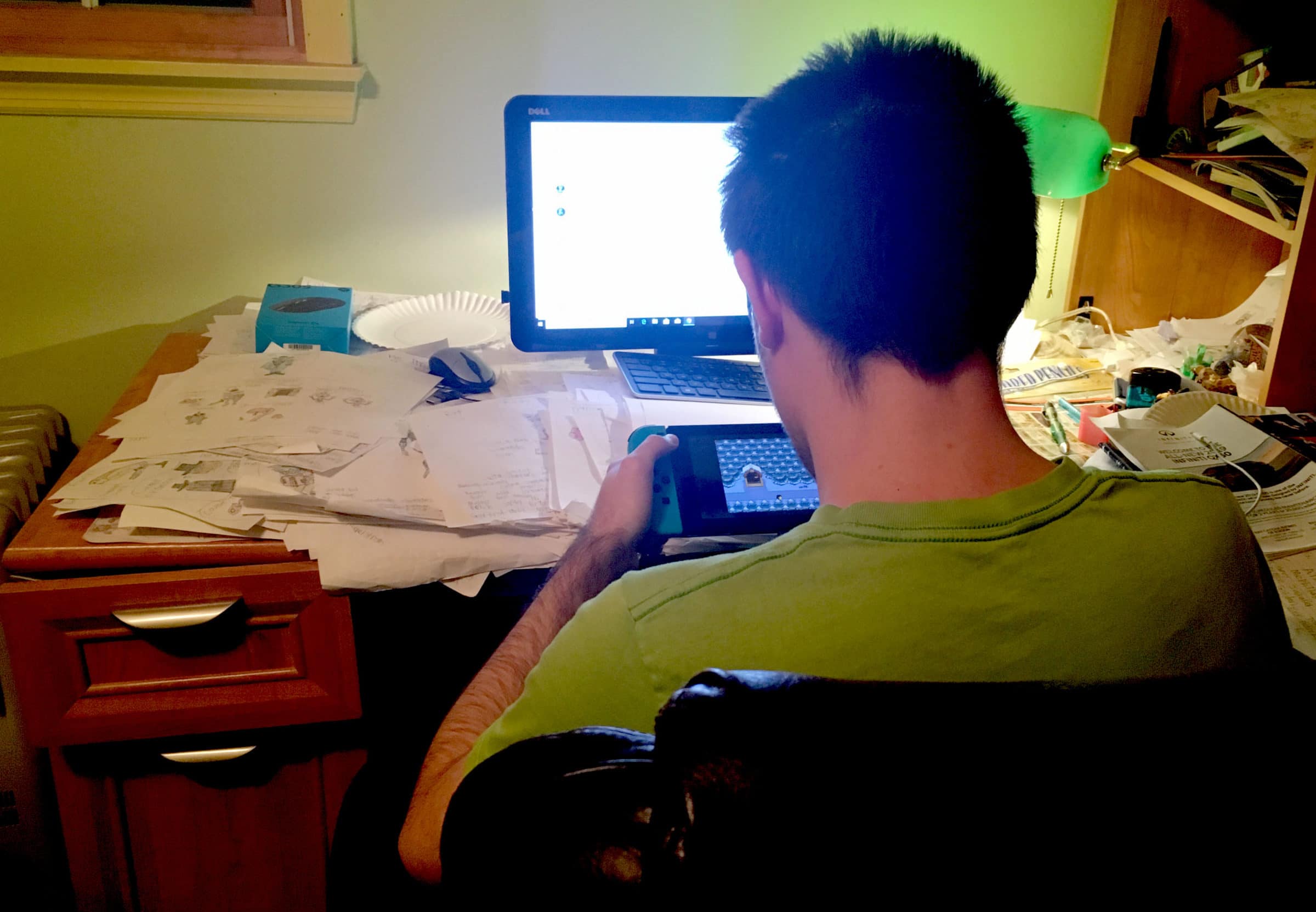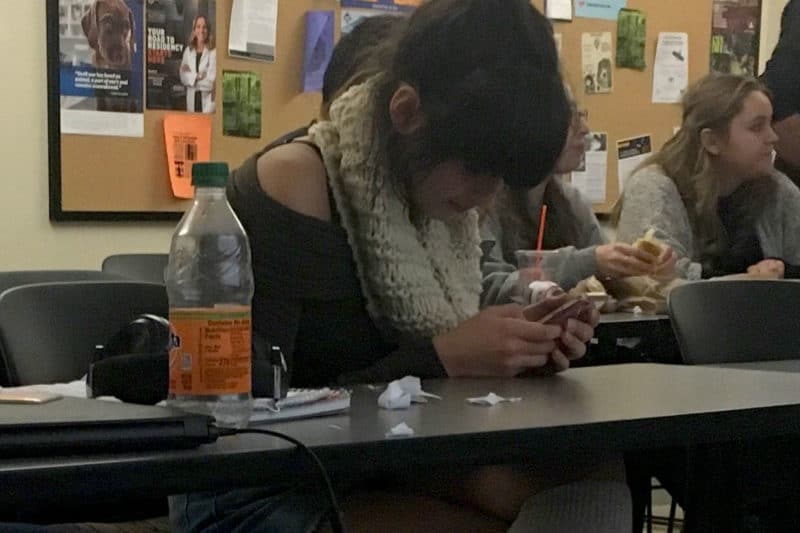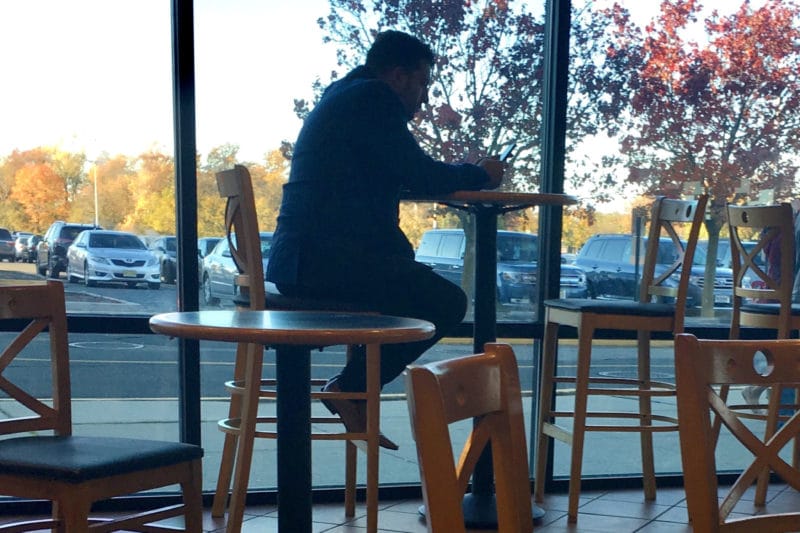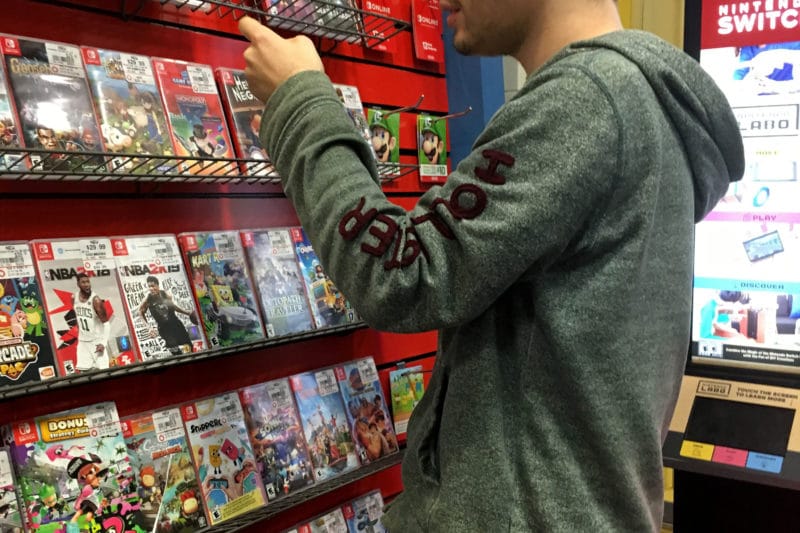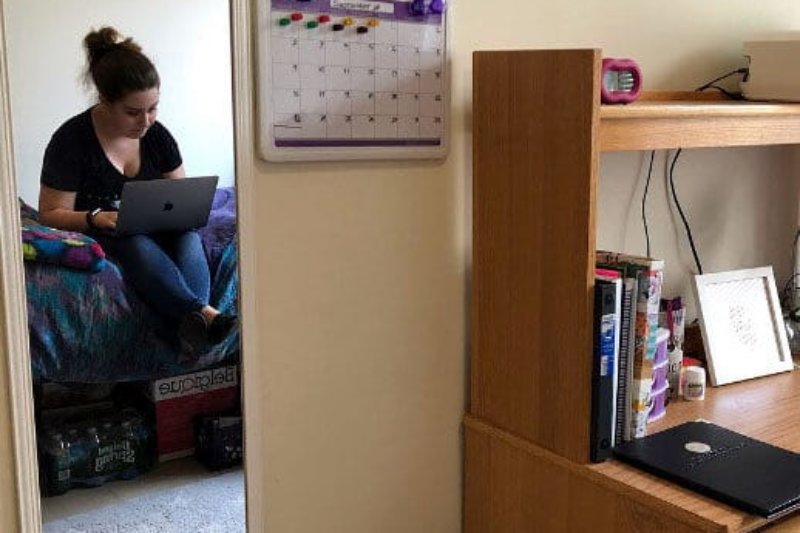We live in a Technolution. As new technological achievements are invented and offered, more people are using them. Cell phones, computers, video game systems, along with social media platforms like Facebook, Twitter, Instagram, and Snapchat. But how glued are we to these devices and could we consider ourselves, addicted? Are we losing touch with reality?
A 2018 Pax Research Center survey found that Americans ages 18-24 use a variety of social media platforms with 78% of them using Snapchat, and a sizeable majority of these users (71%) visit the platform multiple times per day. Similarly, 71% in this age group now use Instagram and close to half (45%) are Twitter users.
I reached out to current undergraduate and graduate students, alumni, and faculty at Montclair State University and with a survey, I collected 100 responses about their social media use. For example, when asked about how many social media sites they have accounts with, the responses were mixed but the majority said they had at max 4 social media site accounts. 5 or 6 accounts came close behind. For how many times a day people look at social media, the majority of people voted that they check their social media 10+ times a day. On the website Statista, “As of 2017, daily social media usage of global internet users amounted to 135 minutes per day” (Statista 2017).
Another question that was asked was how much time people spend on social media per day. This had mixed responses as well, but the most responses were for 3 or more hours and a tie between 1-2 and 2-3 hours. On Social Media Today, “Teens now spend up to nine hours a day on social platforms, while 30% of all time spent online is now allocated to social media interaction. And the majority of that time is on mobile – 60% of social media time spent is facilitated by a mobile device.” (Asano 2017).
Two of the most interesting discoveries I found through my survey were when I asked if people check their social media before you get out of bed and if checking social media is the last thing they do before going to bed. For both questions, the majority said yes to both and that social media is the first things they check in the morning and the last thing they check at night.
When your scrolling on Facebook or sending a tweet on Twitter, it activates our rewarding centers in the brain. The chemical Dopamine in the brain creates the feelings of pleasure and want, and on Social Media Week, the pull of dopamine is so strong that studies have shown tweeting is harder for people to resist than cigarettes and alcohol.
Below is a Feature Video Story made for this project. I interviewed four Montclair State University students of varying years and majors about their social media usage. Many did consider themselves addicted to social media and it was interesting and insightful hearing their opinions. To learn more, watch below.
Like what was said in the Feature Video Story, it’s come to the point where Addiction Treatment Centers are now beginning to offer services for internet and social media addicts. One such treatment center is Portrait Health Centers in East Brunswick, NJ. This treatment center offers a variety of resources for those who are suffering from social media addiction, including Talk Therapy, Cognitive Behavior Therapy, and a choice between Group Therapy or One-on-One Therapy. Also, this treatment center provides you with a team of doctors including Psychologists, Nutritionists, and Counselors. For more information, please check out their website here.
While social media is a growing addiction, there are also growing addictions to video games. “Internet Gaming Disorder” was included in a section called “Conditions for Further Study” and the World Health Organization included “gaming disorder” within the 11th revision of its International Statistical Classification of Diseases and Related Health Problems as of June 2018. While video game addiction is not the center of this project, it is important to mention since both social media and video games involve devices and screens, and people using them on a daily basis. While it hasn’t been fully determined, studies and researchers are finding that extensive social media use are causing a rise in symptoms of anxiety and depression. On the website Psycom, “A separate study from the University of Pittsburgh School of Medicine showed that the more time young adults spent on social media, the more likely they were to have problems sleeping and report symptoms of depression,” (Hurley 2018). Overall, if these patterns and more continue, we could see social media addiction become a recognized disorder too.
One of the last points I want to discuss is the last question in the survey I conducted. I asked people if they consider themselves addicted to social media, and gave them the option of saying yes, no, or maybe. Surprisingly in the group of Montclair State University undergraduate and graduate students, alumni, and faculty, more people (exactly 41%) said no, 33% said maybe, and 26% said yes. What these responses taught me was that there are people who consider themselves both addicted or not addicted to social media. Globally, social media addiction is growing at an alarming rate, but through this survey to the MSU community, we can see that the numbers are mixed.
Do you think you are addicted to social media? To lessen your social media usage, take a social media detox: log out of your accounts, turn off your phone from time to time, and try to spend time away from screens. Too much of a good thing is a bad thing. Live your best life with a little moderation. Plus, your health will thank you.
Works Cited:
Asano, Evan. “How Much Time Do People Spend on Social Media? [Infographic].” Social Media Today, 4 Jan. 2017, www.socialmediatoday.com/marketing/how-much-time-do-people-spend-social-media-infographic.
“Global Time Spent on Social Media Daily 2017.” Statista, Sept. 2017, www.statista.com/statistics/433871/daily-social-media-usage-worldwide/.
Hurley, Katie. “Social Media and Teens: How Does Social Media Affect Mental Health?” PsyCom.net – Mental Health Treatment Resource Since 1986, 13 Feb. 2018, www.psycom.net/social-media-teen-mental-health.
Jessica Junqua
Senior Communication and Media Arts Major
Jessica Junqua is a senior Communications and Media Arts student at Montclair State University. She is passionate about social media and public relations, with her goal being to work in one of these fields at a university or company. She hopes to open your mind to how much we use social media and how too much of a good thing can become a bad thing.
To learn more about Jessica, please check out her website here

